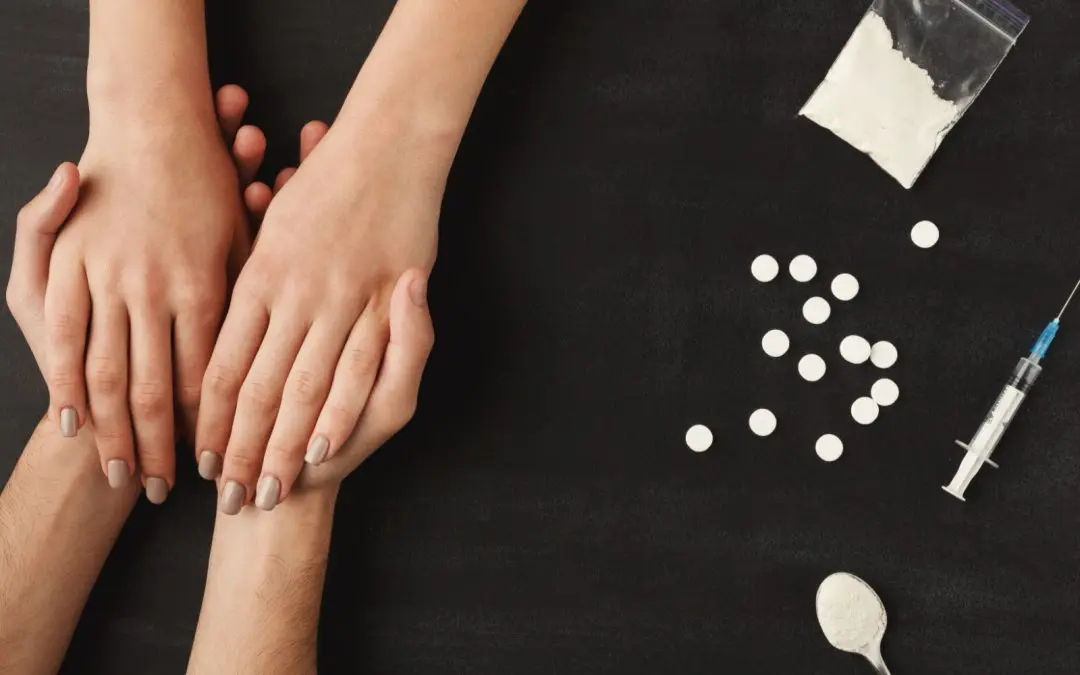24/7 Helpline:
(866) 899-221924/7 Helpline:
(866) 899-2219
Learn more about Inpatient Rehab centers in Blaine
Inpatient Rehab in Other Cities

Other Insurance Options

Medical Mutual of Ohio

UnitedHealth Group

United Health Care

Optum

Ambetter

Self-pay options

Coventry Health Care
Beacon

Anthem

Premera

Magellan

Holman Group

Private insurance

ComPsych

PHCS Network

Access to Recovery (ATR) Voucher

CareFirst

Regence

Carleon

Magellan Health

Waterfront Counseling
Waterfront Counseling is a private rehab located in Blaine, Washington. Waterfront Counseling specia...










The Lighthouse Treatment Center
The Lighthouse Treatment Center is a private rehab located in Blaine, Washington. The Lighthouse Tre...


